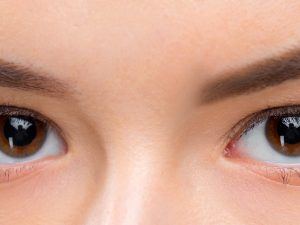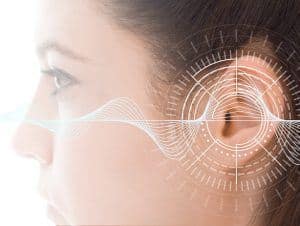General symptoms in cluttering
Did you think that cluttering is just a speech disorder? Well, it is not. The characteristics of cluttering can be found not only in the speech, like in the core symptoms or secondary symptoms, but also in other “channels” of communication. We call them general symptoms in cluttering. Deso Weiss, one of the first to research cluttering, describes it as a problem with “language” in the broadest sense. His theory is that cluttering originates from what he calls a “central language imbalance“. According to him, symptoms of cluttering are often present in other communication channels as well, like in thinking (language), listening (picking up on and interpreting signals), looking (making eye contact), acting (body language and posture), and writing (handwriting). Sometimes the reading comprehension of clutterers is also affected.
Interrupting others

Cluttering speakers may have the tendency to interrupt their conversation partners and simply take their turn.
‘He doesn’t usually do it on purpose, but my son regularly just takes over from me while I’m not finished yet. Then he is too impatient to make his point. It disrupts our communication. And honestly, I don’t feel taken seriously.’
Eye contact

People who clutter have relatively little eye contact, usually without realizing it. Having eye contact is an important aspect of (non-verbal) communication.
‘I had never noticed that I was making too little eye contact when speaking. And I didn’t understand what making eye contact had to do with cluttering in the first place. Now I get it.’
Body language

The physical appearance of people who clutter, their body language, is often busier than with typical speakers. Especially when they are speaking, but also when they don’t speak.
‘When I see myself in a video, I can’t deny that I move (too) much. For example, if I compare my body language with that of my friends, then there’s no doubt I am busier than them. This is about everything: arms, torso, head, you name it.’
Self-monitoring

A striking symptom in cluttering speakers is their malfunctioning auditory feedback; their ability to assess the quality of their own speech. By default, they judge this (a lot) more positively than their speech sounds in reality.
‘When I hear a recording of myself, that usually scares me a lot. Most of the time I speak much faster and unintelligible than I often think so myself. That’s how others hear me all the time, is what I think. A clear sign that I should try and speak slower.’
Handwriting

In almost all cases, the handwriting of people who clutter can be called sloppy. They often make the same types of mistakes as in speaking, such as unfinished words, all kinds of revisions, etc.
‘You would not believe what my notes look like. It’s usually a complete mess of scrawls and scribbles. I myself can read my handwriting because I know what it’s about, but it’s often gibberish to other people.’
Being late

Many speech-language pathologists will agree that their cluttering clients – as opposed to their stuttering clientele – are often late.
‘I am often late, both at work and in my private life. Because of this, one of my colleagues once told me that he thought I was unreliable. That really shocked me. From that moment on I started taking being on time much more seriously.’
Reducing general symptoms in cluttering
If you want to reduce the symptoms of cluttering, we advise to seek help with that. Take a look at our coaching options.


